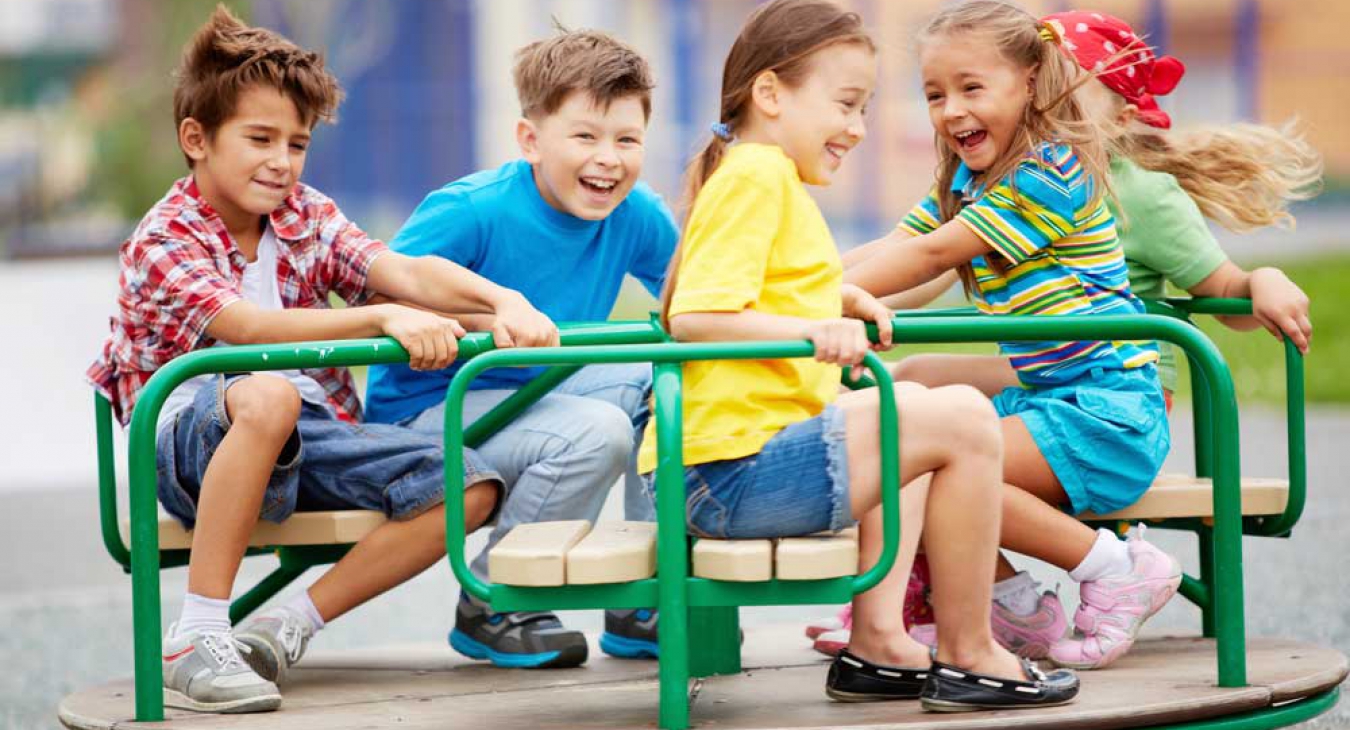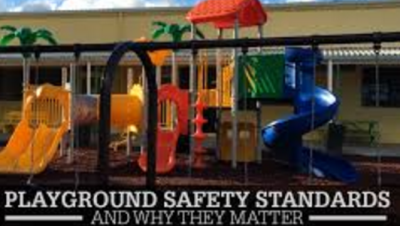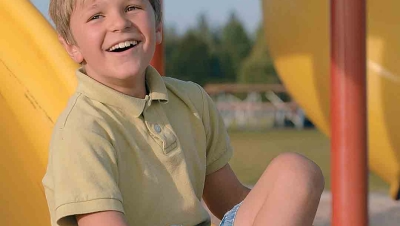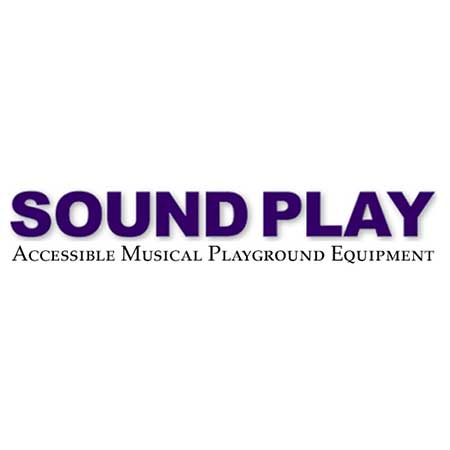Tips for social inclusion at the playground and beyond
Friendships and social interactions are important for a child’s development. Their learning at an early age sets the foundation for who they become in adult life.
When kids feel accepted, included and appreciated, they tend to perform well and at times can even behave better!
The environment in which children are growing up in today is encouraging spending more time on their own. For instance, a common challenge parents find today is how to keep kids away from their screens.
It’s crucial then that kids learn to be socially inclusive to develop skills in communication, respect, empathy, teamwork and lots more.
Here are some tips that can help children become more socially inclusive.
1. Too much help can be bad
Parents want the best for their children. However, sometimes what you think will help can hinder their development. Consider how much involvement you have in how your child plays.
Helping your child constantly while they are playing can send out a message that the child is not capable of playing on their own and others may perceive them differently or believe they lack the skills to participate.
2. The right game can make a difference
Introduce games that help promote teamwork and inclusion. Games that are continuous and don’t eliminate participants are games to consider.
Inclusive games do not focus too much on knowing specific sporting skills and they are non-competitive. Simple examples include Hide and Seek, I See, I See and Rhythm Detective.
It’s not to say that sports are off-limits. While most sports are played competitively at a young age they are usually about fun. An option to make sports more inclusive is to add new variations that support everyone.
For example, an outdoor ping pong table can be turned into an air-hockey-like table tennis game. This increases the number of players from 4 to up to 10, by letting more players join around the table.
3. The playground belongs to everyone
The playground is a sacred space for children. But it belongs to everyone so there are rules that must be followed.
Getting your children to understand that the playground is a shared space and not their backyard can be harder than it seems. Selfish behavior can be found in many playgrounds and can be harmful to others.
Frustration is another reaction that kids can experience if they see another child taking longer to adopt a certain skill or behavior. Often children are excluded when their social skills are lower than their peers.
The right conversations can help your child overcome these circumstances. By understanding the need to share equipment and that kids sometimes need more practice will help build empathy and respect for others.
4. We are all different and that’s OK
No two people are the same (well apart from identical twins!); we all look different, act different and like different things. But all kids should be valued and treated fairly - regardless of race, gender, religion or ability,
Parents should be encouraged to expose their children to diversity and embracing it as a way of learning. Trying new games, foods, dance moves or learning new words in a foreign language are just some of the advantages we get by embracing a diverse community.
Importantly, children learn a lot through observation. So you need to be a role model for your own child. If you are seen to be accepting of others, whether by speaking to new parents, being involved in different activities or welcoming new people, your children are likely to adopt the same behaviors.
5. Life is better with friends
Let’s face it, most things are enjoyed in the company of others. Take riding a roller coaster, watching a movie or even telling a joke! They can all be enjoyed on your own, but it's much better with a friend.
While it’s ok for children not to play with everyone all the time, parents should show them how fun it is to include others.
Once they understand the benefits, they might need some encouragement to go out and seek new friends.
Some tips to encourage your kids to seek out new friends around the playground:
- If someone is nice to you, be polite and thank them.
- Smile. It makes it easier for other kids to talk to you and can help them relax.
- Say something nice to someone - eg. “I like your shoes” or “Wow, you run really fast”.



















